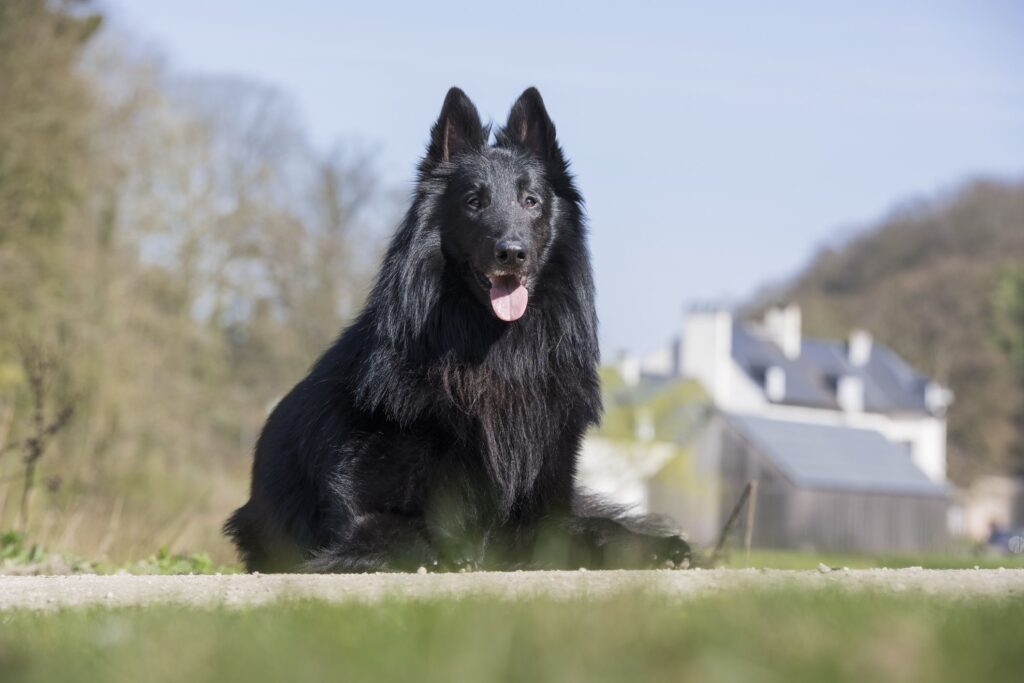Breed Characteristics
According to some shelters and breeders, with dogs of the same breed or litter that come in black and other colors, such as poodles, the black-coated dogs may fail to get adopted or are adopted last compared to other colored dogs.
This dog adoption issue is also known as “black dog syndrome” and is based on anecdotes and assumptions. Factually, there are more black dogs in the world, as black is a more dominant color, and coat color has no impact on personality or temperament.
Breeds to Avoid
If you want a dog with a black coat, and you’re torn between a few dogs on this list, then consider a couple of other things before you make your decision.
If you don’t have a ton of time to devote to exercise and training, you might want to nix the black Russian terrier, the puli, and the Belgian sheepdog from your list; they each require a lot of both.
If you have allergies, the Newfie manufactures a ton of drool. Slobber is just as responsible as shedding for causing allergies.
If you’re busy and want a low-maintenance breed, the border collie has extensive care needs that can make them difficult to look after.
FAQ
What is black dog syndrome?
Black dog syndrome refers to the idea that black-coated dogs are less likely to be adopted or are adopted last compared to dogs with lighter fur colors. This is based on anecdotes rather than solid evidence, and the appearance of more black dogs can also be due to black being a dominant color gene.
Do black dogs have different temperaments compared to non-black dogs?
The coat color of a dog, including black, has no impact on the dog’s personality or temperament. It is important to consider other characteristics like temperament, size, and exercise needs when choosing a dog, rather than focusing on coat color alone.


